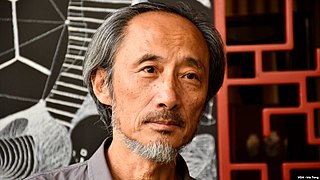A Quote by Elizabeth Bowen
Each piece of dialogue MUST be "something happening". . .The "amusing" for its OWN sake should above all be censored. . .The functional use of dialogue for the plot must be the first thing in the writer's mind. Where functional usefulness cannot be established, dialogue must be left out.
Related Quotes
What must novel dialogue . . . really be and do? It must be pointed, intentional, relevant. It must crystallize situation. It must express character. It must advance plot. During dialogue, the characters confront one another. The confrontation is in itself an occasion. Each one of these occasions, throughout the novel, is unique.
On the whole, dialogue is the most difficult thing, without any doubt. It's very difficult, unfortunately. You have to detach yourself from the notion of a lifelike quality. You see, actually lifelike, tape-recorded dialogue like this has very little to do with good novel dialogue. It's a matter of getting that awful tyranny of mimesis out of your mind, which is difficult.
A piece of literature can be many things but first of all it must capture its audience. You need to seduce people, entice them into a world of beauty and horror, light and shadow, of passion, of romance, of mystery. That's the magic of it. Beyond that, of course, you can open a dialogue about the ideas which interest you, but first of all you absolutely must get inside people's minds.





































